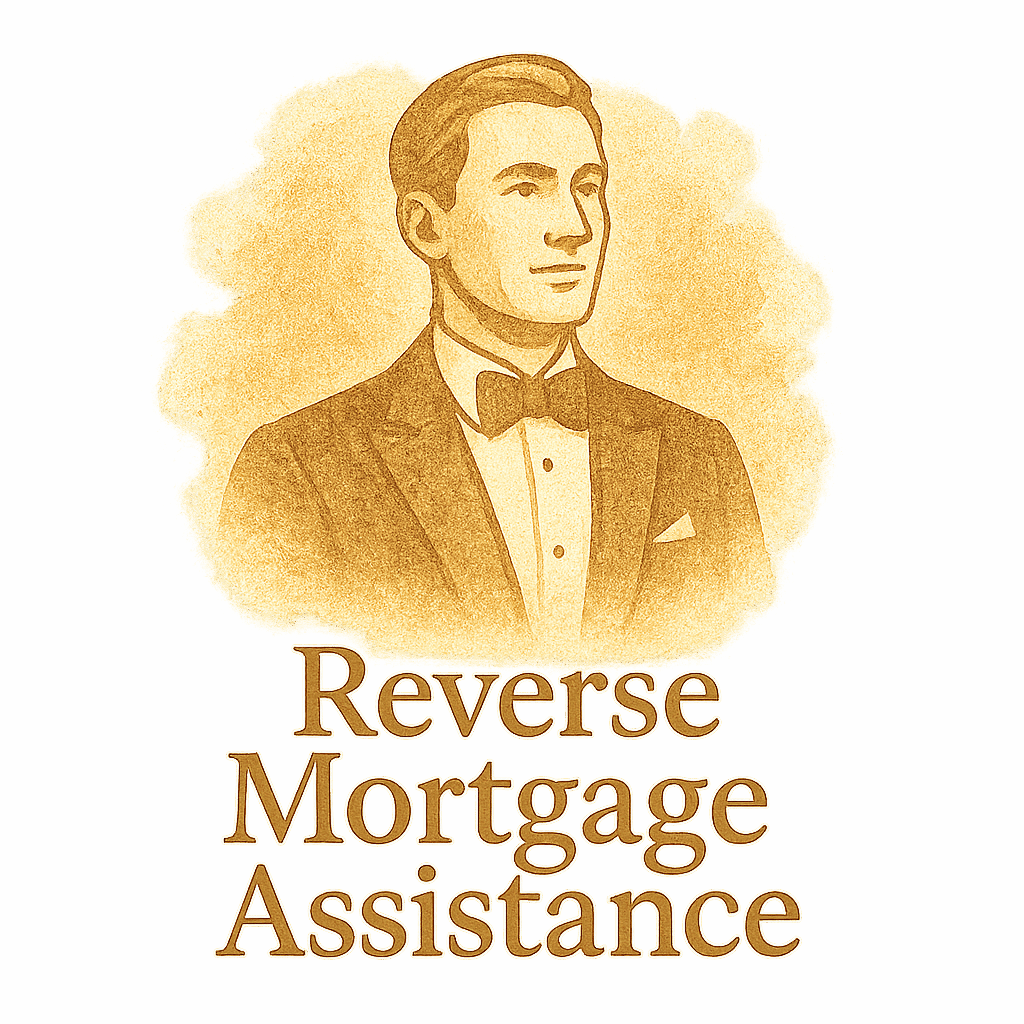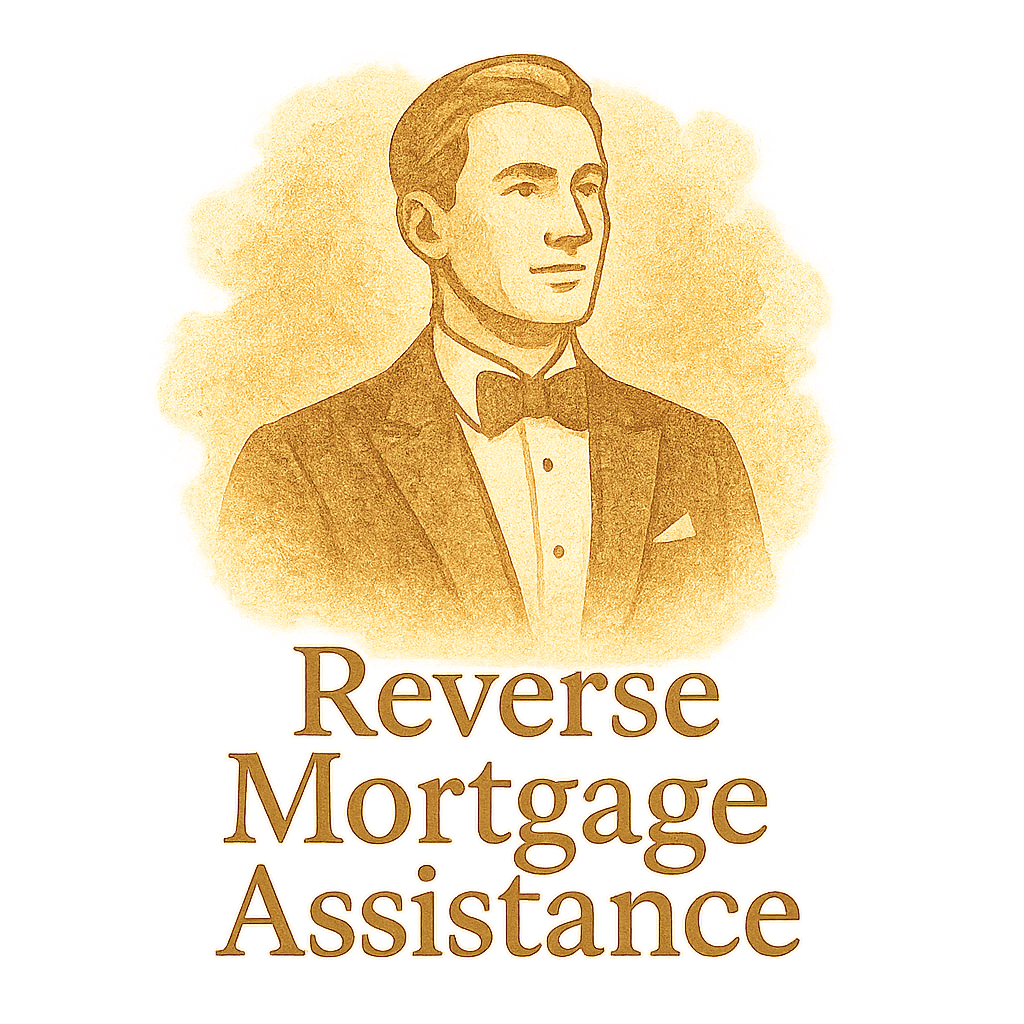Thinking about tapping into your home equity during retirement? A reverse mortgage might sound like the perfect solution—but like most financial decisions, it has its perks and pitfalls. Let’s break it all down so you can make a confident, well-informed choice.
What Is a Reverse Mortgage?
A reverse mortgage is a unique loan option available primarily to homeowners aged 62 or older. Unlike traditional loans, it allows you to convert part of your home equity into cash—without selling your home or making monthly payments.
Curious about the basics? Check out the detailed breakdown on Reverse Mortgage Basics.
How Does a Reverse Mortgage Work?
In a reverse mortgage, the lender makes payments to you based on a percentage of your home’s value. The loan is repaid when you move out, sell the home, or pass away. Until then, you stay in your home and maintain ownership.
You can receive the funds as a lump sum, monthly payments, a line of credit—or a mix of all three. Flexibility is key here.
Pros of Getting a Reverse Mortgage
Let’s start with the benefits—some of these might surprise you.
1. Supplemental Income in Retirement
This is probably the biggest draw. If your retirement savings are running low, a reverse mortgage can fill that gap and help you maintain your lifestyle.
It’s like turning your home into a piggy bank—without having to crack it open.
2. Stay in Your Home Longer
You don’t have to downsize or move in with your kids. With a reverse mortgage, you can age in place and enjoy your familiar surroundings.
Explore retirement planning strategies to maximize your comfort and security.
3. No Monthly Mortgage Payments
That’s right—no monthly payments required. Instead, the loan balance grows over time, and you repay it when you leave the home.
Want to dive deeper into payment structures? Visit Mortgage Planning.

4. Flexible Payout Options
You’re in control. Whether you need a one-time cash infusion or steady monthly income, there’s a structure that fits your needs.
Check out different Loan Comparison options before making a decision.
5. Non-Recourse Loan Protection
Your heirs won’t be stuck with debt. Even if your loan exceeds your home’s value, they won’t have to pay the difference. That’s because reverse mortgages are non-recourse loans.
More info on how this impacts outcomes for families is available on our site.
6. Tax-Free Loan Proceeds
Because this isn’t “income” in the traditional sense, the money you get is generally tax-free. Of course, check with your tax advisor for your specific situation.
7. Home Value Appreciation Benefits
If your home continues to appreciate, it could offset the growing loan balance—leaving equity behind for your heirs.
Learn more about home equity management in retirement.
Cons of Getting a Reverse Mortgage
Of course, it’s not all sunshine and rainbows. There are drawbacks you need to be aware of.
1. Accrued Interest Over Time
You’re not making payments, but interest still builds up. That means the loan balance can grow quickly over the years.
2. Reduced Inheritance for Heirs
Since the loan is repaid from your home’s sale, there may be less left for your children or loved ones.
Want to understand the legal nuances? Explore contracts and inheritance issues.
3. Upfront Costs and Fees
Origination fees, closing costs, mortgage insurance—it adds up fast. While these can be rolled into the loan, they’re still significant.
See how this compares with other loan products on our Loan Comparison page.
4. Risk of Foreclosure
If you fail to pay property taxes, insurance, or maintain the home, you could be at risk of foreclosure—even with a reverse mortgage.
Learn about legal terms and protections.
5. Potential Impact on Benefits
While the proceeds aren’t taxed, they could affect Medicaid or SSI eligibility. Planning ahead is key.
Explore more in our Mortgage Planning guide.
Who Should Consider a Reverse Mortgage?
Reverse mortgages aren’t for everyone. But they can be ideal if you:
- Are 62 or older
- Have significant home equity
- Plan to stay in your home long-term
- Need extra income without monthly loan payments
Explore real-life mortgage case studies to see if this fits your life.
Common Myths and Truths About Reverse Mortgages
There are a ton of misconceptions out there. Some folks think the bank takes your home (they don’t). Others assume you’ll owe more than your house is worth (not true with non-recourse loans).
Bust more myths over at our Mortgage Myths and Truths page.
Legal and Regulatory Considerations
It’s important to understand the laws that govern reverse mortgages. From HUD rules to counseling requirements, staying compliant is crucial.
Check out our full Legal & Regulatory resource for more.
Comparing Reverse Mortgages with Other Loan Options
Reverse mortgages are just one piece of the puzzle. How do they stack up against HELOCs, cash-out refis, or downsizing?
Use our loan comparison tool to weigh the pros and cons.
Planning for a Reverse Mortgage
Don’t go it alone. Start with professional counseling, understand your obligations, and make a plan.
We’ve got great tips and preparation guides to get you started.
Final Thoughts
A reverse mortgage can be a lifeline—or a landmine—depending on your circumstances. Weigh the pros and cons, talk to professionals, and use the resources at your fingertips.
And hey—don’t forget to bring your family into the conversation. After all, this decision could affect them too.
Need a starting point? Browse more helpful content at Reverse Mortgage Assistance.
FAQs
1. What happens to a reverse mortgage when I die?
Your heirs can repay the loan and keep the house—or sell the home to repay the balance. If the loan exceeds the home’s value, they’re not liable for the difference.
2. Can I lose my home with a reverse mortgage?
Only if you fail to meet the loan obligations, like paying taxes, insurance, or maintaining the home.
3. Do I still own my home with a reverse mortgage?
Yes! You remain the legal owner until you move, sell, or pass away.
4. How much money can I get from a reverse mortgage?
It depends on your age, your home’s value, and current interest rates.
5. Will I owe taxes on the money I receive?
Generally, no. Reverse mortgage proceeds are considered loan advances—not income.
6. Can I change my mind after getting a reverse mortgage?
Yes, you have a three-day right of rescission after closing. After that, you’d need to repay the loan.
7. Where can I find more information or help?
Visit Reverse Mortgage Assistance for trusted guidance, resources, and tools to make an informed choice.


